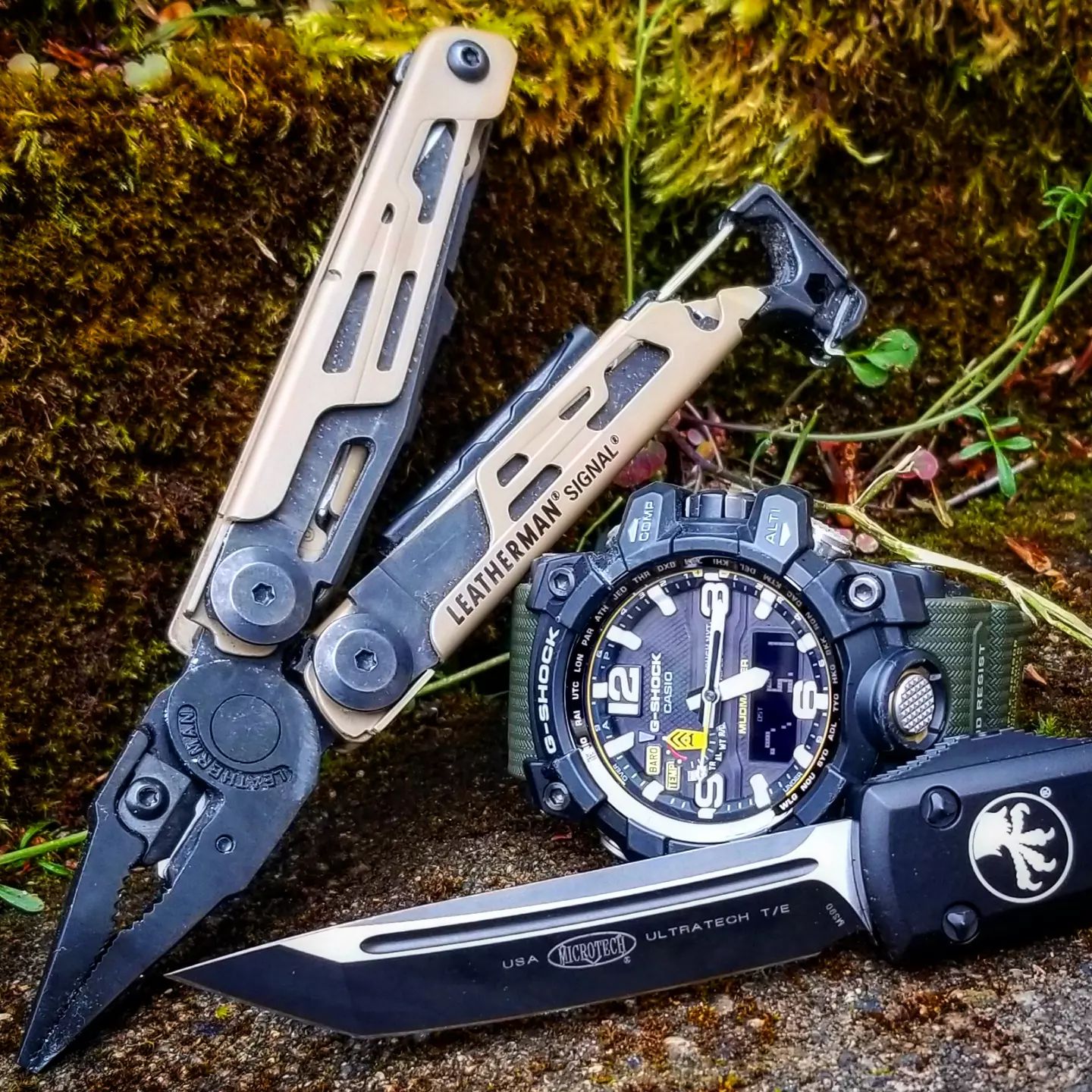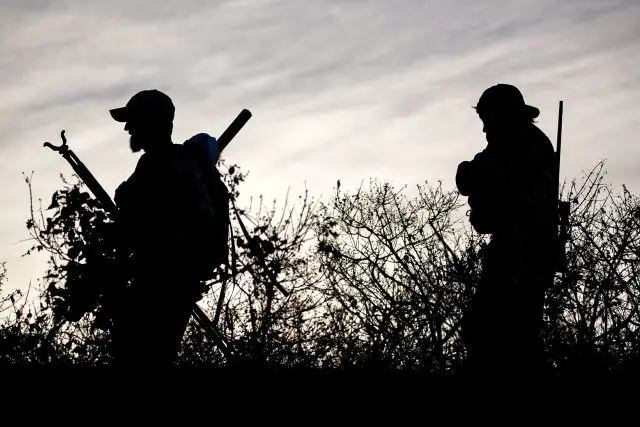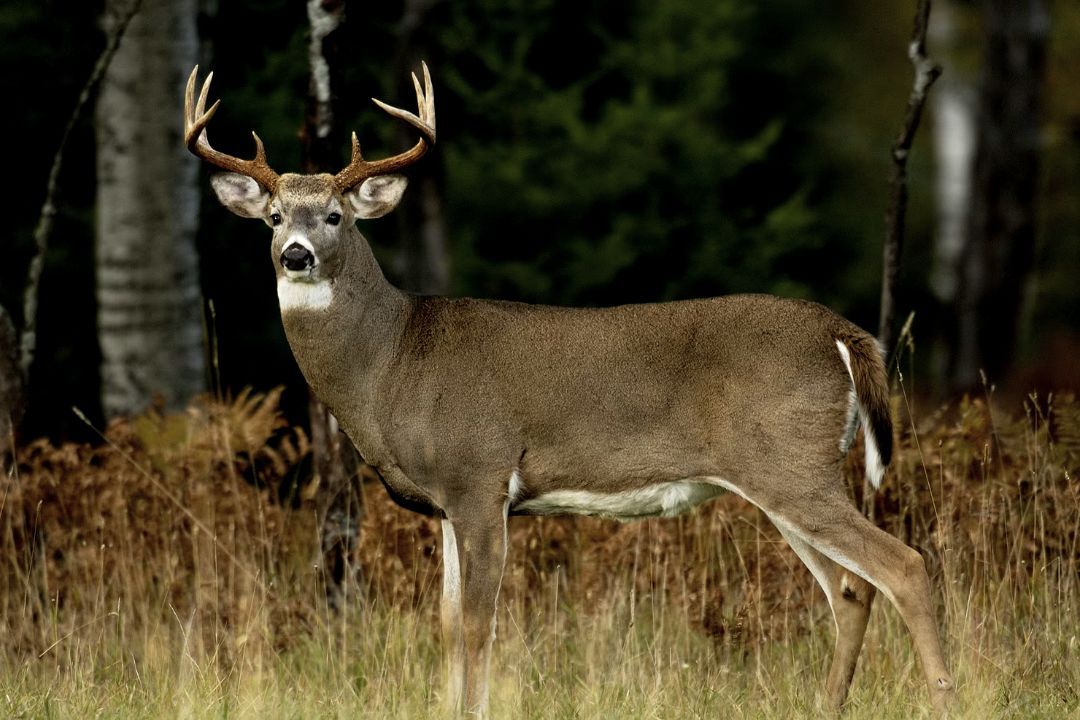Overcoming the Limiting Factors of Hunting: How to Succeed in any Situation
When preparing for a hunt, experienced hunters take a variety of factors into account in order to increase their chances of success. In doing so, they also improve their chances of having a safe and enjoyable hunting experience. Find out more about them in this article.
To ensure that the tradition of hunting is carried on for future generations, it is important for hunters to be aware of the limiting factors that affect their sport. These factors can impact the success of a hunt, as well as hurt the environment.
As a hunter, you should know that field success takes more than good shooting. To consistently take the game, you must overcome the factors limiting your success. This may include understanding your prey, and the environment, scouting well, using the right gear, and taking advantage of every opportunity.
By overcoming these limiting factors, you can succeed in any situation and take your hunting to the next level.
Navigate your way to a successful hunt with our detailed Hunting Plan
What are the Limiting Factors in Hunting
Ecological Factors
In ecology, a limiting factor is anything that controls the size of a population. This in turn, depends on several other factors, including the distribution and density of the species, the availability of food and water for the species, disease contraction, and predation by other animals. This will also include human activities like habitat destruction and poaching.
For example, food availability is a limiting factor for deer populations. If there is insufficient food, the deer will not have enough energy to reproduce, and the population will decrease. This will also cause competition for resources and will cause the Darwinian Theory to apply.
Environmental Factors
The most important environmental limiting factors of hunting include but are not limited to weather conditions, terrain, and hunter access. Certain natural calamities, like flash floods, forest fires, hurricanes, etc, can severely limit hunting in an area. This will also crudely include the season and time of day.
Bad weather not only limits the availability of your prey but will also affect your ability to see or track the game. Any weather changes (like rainfall, excessive wind, etc.) should be considered limiting hunting factors.
While terrain can make it difficult to get close to animals. It can also provide natural cover and make stalking easier. If you like to hunt from tree stands, an area with high vegetation should be preferred. Conversely, open expanses offer no hiding place but give you a better view of the game if you like to hunt from your blind chair.
Another consideration is human access to certain hunting grounds, which can be drastically reduced due to certain natural calamities or severely inclement weather. Sometimes to save the natural ecosystem, some areas are restricted from access to hunters.

Other factors
The other factor that you should consider is your hunting gear. A memorable and exciting hunting experience is the culmination of every gear you carry, from your firearms or bows to even something insignificant or often overlooked items like your rifle slings or arrow fletchings!
So choose wisely the gear you take out to the field, and you can look at our selection of the best hunting gear for a starting point.

Finally, hunting laws and regulations can also be a limiting factor. These are mostly placed to restrict hunter access and overhunting. If there are too many hunters in an area, they put excessive pressure on the natural habitat, and it becomes difficult or impossible to find prey.
Remember, hunters play an important role in conservation; as such, it is their duty to avoid hunting animals to extinction. But also make sure to refer to the local laws and guidelines of the rangers concerning any restrictions placed on gear that you can use.
But sometimes, local rangers can stop you from using any equipment even though they are legal according to a recently changed law. It happened to us when we stopped using our electronic rangefinders, even though they were legal in Idaho.
By understanding the limiting factors in hunting, hunters can increase their chances of success while ensuring they do not adversely impact the environment or the animal population.
Also, check out our article on Attaching Rifle Slings without Swivels.
How do the Limiting Factors affect Hunters?
Hunting is a popular sport enjoyed by people all over the world. However, to ensure that this tradition is carried on for future generations, it is important to be aware of the limiting factors that affect hunters. These factors can impact the success of a hunt, as well as hurt the environment.
Hunters must consider several ecological and environmental factors when planning a hunt. The availability of food and water, climate conditions, and terrain are just some things that can limit hunter success.
Bad weather can make it difficult to see or track game, while dense undergrowth can obscure prey from view. In addition, hunters must comply with laws and regulations governing hunting in their area. Failure to do so can result in hefty fines or even jail time.
By taking the time to identify the limiting factor before heading out, hunters can increase their chances of success by choosing strategies that address their specific challenge. Doing so also improves their chances of having a safe and enjoyable hunting experience.
What can be done to Overcome the Limiting Factors of Hunting
Several limiting factors, including weather, terrain, and prey behavior, can impact hunting success. However, there are also several steps that hunters can take to overcome these challenges.
For example, paying attention to weather forecasts can help hunters plan their hunts around the best conditions. Using topographic maps and GPS units (or a hunting watch) can help hunters navigate difficult terrain while also helping them to avoid areas where prey is likely to be scarce.
In addition, hunters can use game cameras to monitor the movements of prey and choose their hunting grounds accordingly. Also, keeping up with the latest hunting news and regulations can help ensure that hunters comply with the law and do not risk getting fined or penalized.
And finally, hunters can study the behavior of their target species to understand its habits and patterns. Doing so can improve their chances of encountering prey during their hunt.
Overcoming the limiting factors of hunting requires knowledge and planning. By being aware of the challenges they may face and taking steps to overcome them, hunters can improve their chances of success while ensuring a safe and enjoyable hunting experience.
Conclusion
Though many factors can contribute to a less-than-perfect hunt, the good news is that most of them can be overcome with experience and planning. By taking the time to understand the limitations inherent in hunting - both our own and those of our equipment - we can put ourselves in a much better position to succeed.
With this knowledge in hand, happy (and successful) hunting!

Also, look at some of our other articles:





